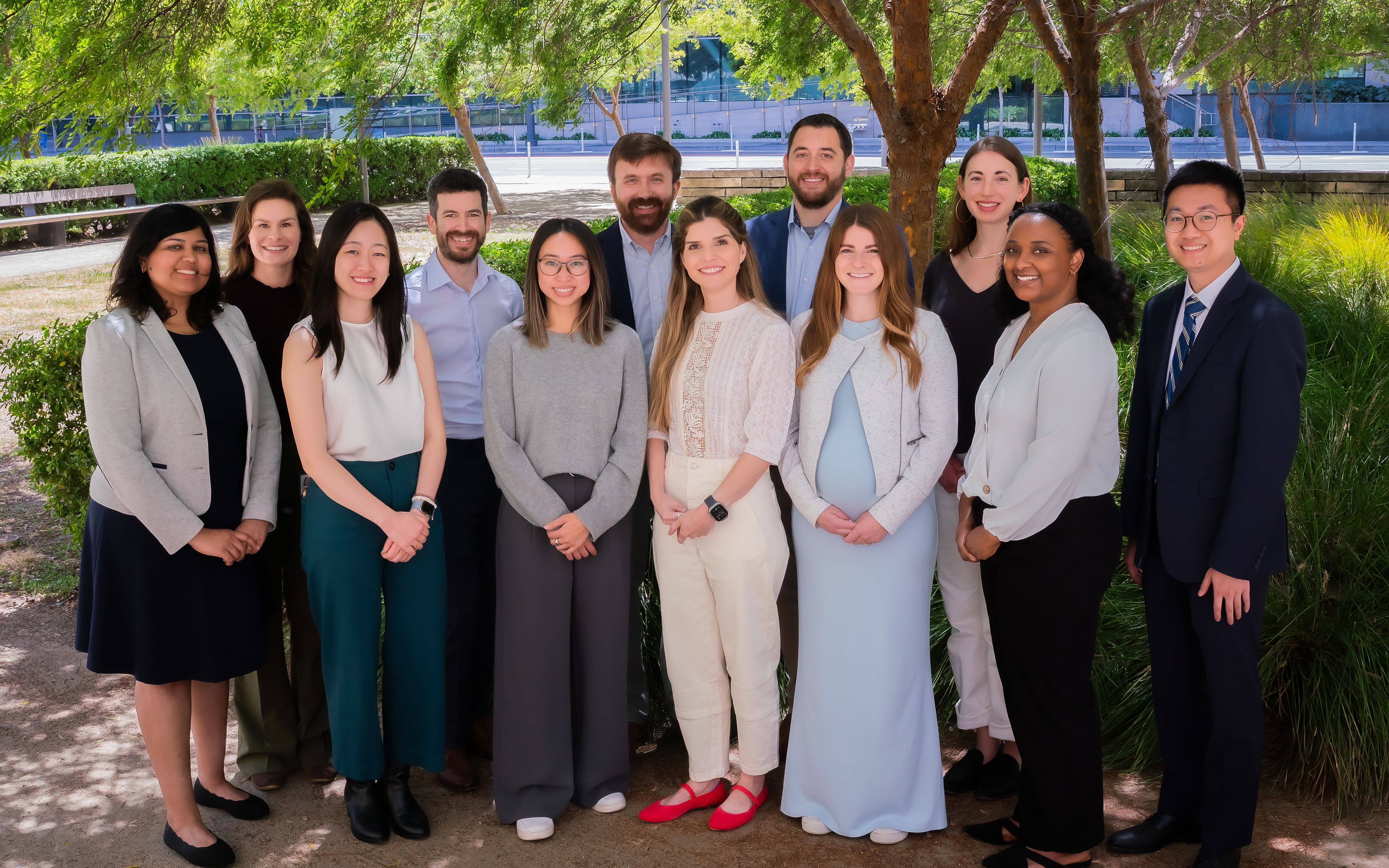
Hematology/Oncology Fellowship Program
The Pediatric Hematology/Oncology Fellowship is a world-renowned program with a long history of training individuals in the field. Our program offers a broad educational experience across the full spectrum of pediatric hematology, oncology, and stem cell transplantation, with abundant opportunities for specialized focus. We’ve designed the program to be flexible and accommodate the goals and interests of each trainee, even as they change over the course of training.
Skip to Section:
About the Program
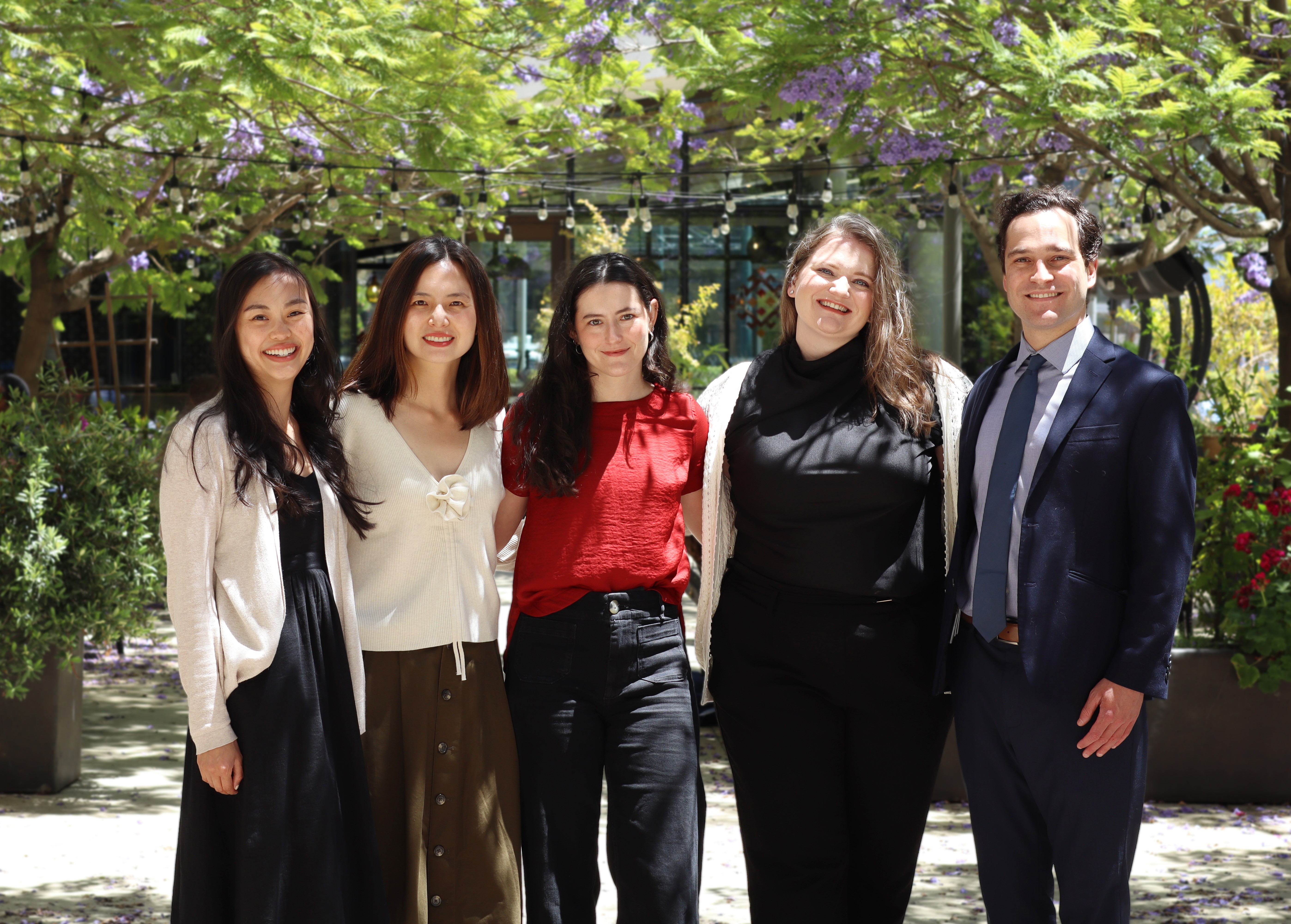 Our program consists of two tracks through the UCSF Benioff Children’s Hospital locations in San Francisco and Oakland. Prospective fellows can apply to one or both of the San Francisco or Oakland tracks and rank them according to their preference. The track determines the location of their continuity clinic, but fellows in both tracks will spend time working in both San Francisco and Oakland. All trainees have access to the strengths, resources and programs of both hospitals, providing exposure to the diversity of the Bay Area and UCSF’s patient population.
Our program consists of two tracks through the UCSF Benioff Children’s Hospital locations in San Francisco and Oakland. Prospective fellows can apply to one or both of the San Francisco or Oakland tracks and rank them according to their preference. The track determines the location of their continuity clinic, but fellows in both tracks will spend time working in both San Francisco and Oakland. All trainees have access to the strengths, resources and programs of both hospitals, providing exposure to the diversity of the Bay Area and UCSF’s patient population.
San Francisco has a strong history in training laboratory-based physician-scientists and clinicians with expertise in molecular oncology, stem cell transplantation and developmental therapeutics. Oakland features a rich variety of clinical exposure and a global reputation in hematology, particularly in hemoglobinopathies. Both tracks provide comprehensive training with expert faculty and access to unique opportunities rooted in the history, culture and expertise of each hospital.
Upon completion of the program, fellows are board-eligible and experienced at providing compassionate care to children with malignancies and diseases of the blood and blood-forming organs. As part of one of the world’s premier academic medical institutions, our program offers a solid foundation in hypothesis-based scholarly investigation and trains physician-scientists who strive for academic careers as clinical investigators or in basic or translational science.
How to Apply
Applications are processed through the Electronic Residency Application Service (ERAS). The application opens for fellowship positions in July.
In ERAS, the two tracks (San Francisco and Oakland) can be found by selecting “the University of California, San Francisco, School of Medicine” and then “University of California (San Francisco) Program”:
-
For UCSF Benioff Children’s Hospital San Francisco, select “Pediatric Hematology/Oncology-San Francisco”
-
For UCSF Benioff Children’s Hospital Oakland, select “Pediatric Hematology/Oncology-Oakland”
Applicants are encouraged to apply to both tracks. Only one interview day will be required.
Requirements
-
Completed 2-3 years of training in an accredited residency program.
-
Board-eligible in pediatrics.
Instructions
To apply, please submit a completed ERAS online application along with the following documents via the ERAS system:
-
At least three letters of reference, including one from the residency program director
-
MSPE (Medical Student Performance Evaluation) from your medical school and a medical school transcript
-
Curriculum Vitae
-
A personal statement describing your career goals and reasons for pursuing training in pediatric hematology/oncology
-
Parts 1, 2 and 3 of the USMLE or COMLEX
-
If a graduate of a medical school outside the United States, Canada, or Puerto Rico, a valid ECFMG certificate or one that does not expire prior to the start of the fellowship and evidence of previous training in the United States
-
If not a citizen of the United States or permanent resident, provide a copy of current, appropriate visa
For questions regarding the application process or program, please e-mail Program Coordinator Karen Tan and Fellowship Director Arun Rangaswami.
Curriculum
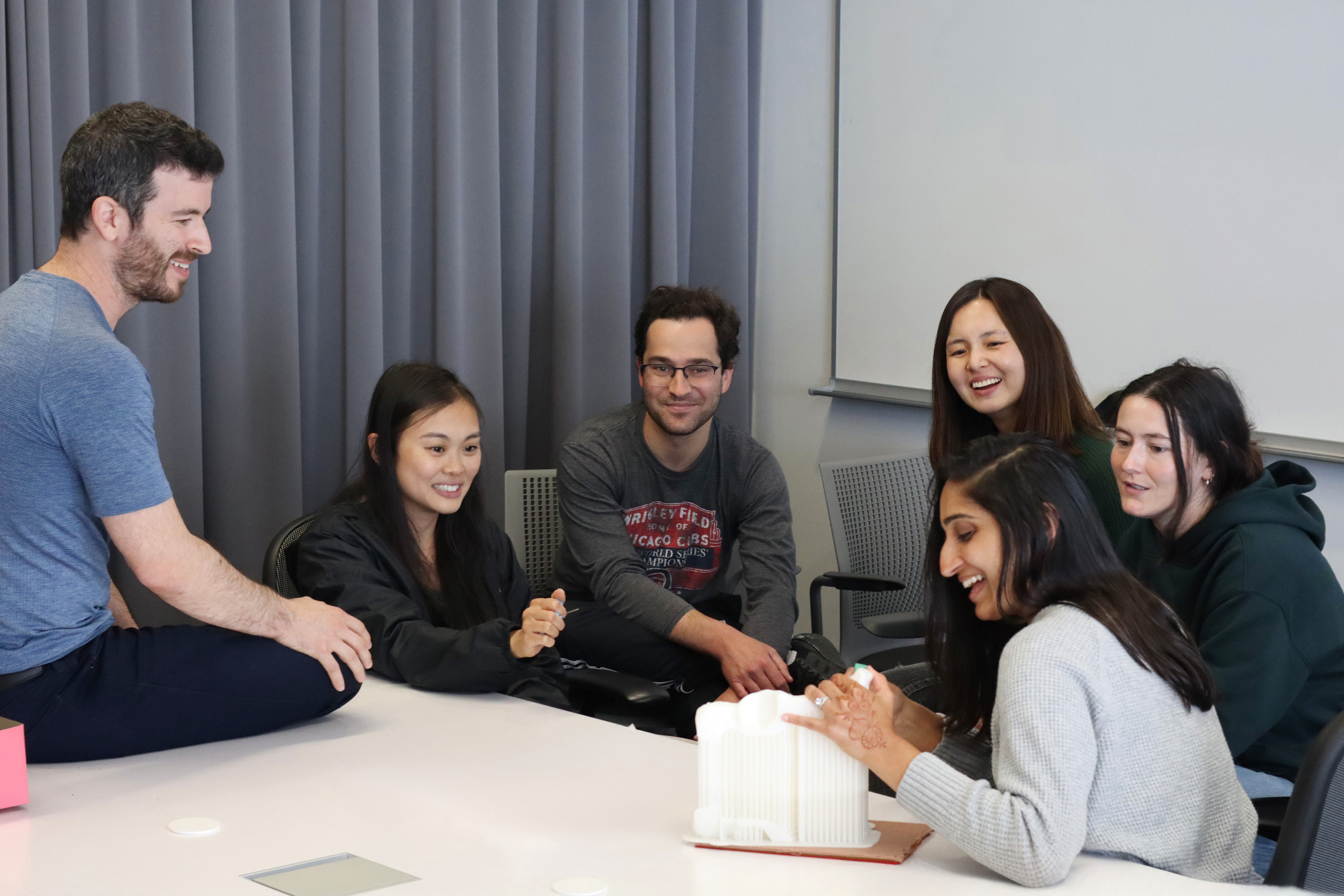 The first year of fellowship is nearly all clinical work, with two weeks of protected time to meet with potential research mentors and solidify research plans for the upcoming two years. Years two and three consist of 80+% protected time for trainees to pursue their interests in clinical specialties, basic science, translational science, medical education or any other avenue within the field.
The first year of fellowship is nearly all clinical work, with two weeks of protected time to meet with potential research mentors and solidify research plans for the upcoming two years. Years two and three consist of 80+% protected time for trainees to pursue their interests in clinical specialties, basic science, translational science, medical education or any other avenue within the field.
Clinical Schedule
The first year of fellowship is nearly 100% clinical, with fellows spending time at both UCSF Benioff Children’s Hospital locations in San Francisco and Oakland. The track that the fellow is assigned to (San Francisco or Oakland) determines the location of their primary clinic and the specifics of their clinical rotation.
During the first year of fellowship, trainees complete their clinical rotations and acquire a large panel of primary patients that they stay with throughout their time at the continuation clinic. First-year fellows receive 4 weeks of vacation and spend 8 weeks at their non-primary Benioff Children’s Hospital.
San Francisco Schedule
| Rotation | Weeks | Total Weeks |
|---|---|---|
| Hematology Inpatient/Consults | 8 | 32 |
| Oncology Inpatient/Consults | 10 | |
| BMT Inpatient | 8 | |
| Hematology/Oncology Inpatient/consults* | 4 | |
| BMT/High Acuity Oncology inpatient* | 2 | |
| Hematology Outpatient* | 4 | 8 |
| BMT Outpatient | 2 | |
| Neuro-Oncology | 2 | |
| Hematopathology/Blood Bank | 2 | 8 |
| Palliative Care | 2 | |
| Radiation Oncology | 1 | |
| Molecular Pathology | 1 | |
| Research Planning | 2 | |
| Vacation | 4 | 4 |
* Rotations occur at Benioff Children's Hospital Oakland
Oakland Schedule
| Rotation | Weeks | Total Weeks |
|---|---|---|
| Oncology Inpatient/Consults* | 4 | 32 |
| BMT Inpatient* | 6 | |
| Hematology/Oncology Inpatient/Consults | 16 | |
| BMT /High Acuity Oncology inpatient | 6 | |
| Hematology/ Outpatient Clinics | 6 | 8 |
| Neuro-Oncology/BMT outpatient clinics | 2 | |
| Hematopathology/Blood Bank* | 2 | 8 |
| Palliative Care | 2 | |
| Radiation Oncology* | 1 | |
| Molecular Pathology* | 1 | |
| Research Planning | 1 | |
| Vacation | 4 | 4 |
* Rotations occur at Benioff Children's Hospital San Francisco
Research Opportunities
Research is an essential component of Pediatric Hematology/Oncology in training and beyond. It is key to our broader goal of improving health for pediatric hematology and oncology patients.
UCSF offers an extremely rich research environment. UCSF has been among the top 4 recipients of NIH funding among all medical schools every year for over 20 years. UCSF faculty have been recognized with many prestigious scientific awards, including Nobel and Lasker prizes. We strongly encourage fellows to take full advantage of these inspiring surroundings. We support research of all kinds, whether classified as basic, translational, clinical, population-based, educational, or global in scope.
The Helen Diller Family Comprehensive Cancer Center (HDFCCC) plays an important role in supporting oncology research. It includes NCI-funded programs in pediatric malignancies, brain tumors, breast cancer, prostate cancer, molecular oncology, cancer control and population health, and cancer immunology. Each of these incorporates basic, patient-focused, and community-oriented investigation. The HDFCCC also hosts many research and policy initiatives beyond these NCI-designated programs, more fully described on the HDFCCC website. Finally, the HDFCCC engages deeply with local communities.
UCSF Benioff Children’s Hospital Oakland has been an internationally recognized leader in hemoglobinopathy research for decades. Our researchers currently lead innovative programs for curing hemoglobinopathies through CRISPR-enabled gene therapy. This is part of a deep collaboration with the Innovative Genomics Institute, founded by Nobel prize winner Dr. Jennifer Doudna, to advance clinical applications of genome engineering. UCSF Benioff Children’s Hospital Oakland is undergoing major renovations including construction of a new hospital tower and renovated research space for hematopoiesis and hemoglobinopathy research.
UCSF has many outstanding resources for trainees and investigators. Some of these include:
-
The DREAM lab, which addresses population-based challenges and barriers to health access
-
The UCSF Clinical & Translational Science Institute (CTSI), which provides infrastructure, services and training to support patient-facing studies
-
The Bakar Computational Health Sciences Institute, which houses leading investigators in computational cancer biology, artificial intelligence, clinical informatics, and other areas.
-
The Living Therapeutics Initiative, which can produce clinical-grade cellular therapies, such as CAR-T cells based on local research pipelines
-
World-class graduate programs spanning biological sciences, pharmaceutical sciences, and social science disciplines
Research training is supported in part by an innovative NCI T32 grant for pediatric oncology. Fellows may also be supported by other training grants at UCSF, within the Department of Pediatrics or allied departments such as Neurosurgery or Internal Medicine. With respect to developing research careers, fellows in our program are highly competitive for career development awards from NIH (K08) and non-profit research organizations (American Society for Hematology, Alex’s Lemonade Stand, St. Baldrick’s, and many more). Cell and gene therapy projects can receive support via training grants from the California Institute of Regenerative Medicine or the UCSF Alpha Clinic.
Fellows in our program have demonstrated extraordinary success at obtaining early career grant funding as a bridge to K-level awards in the years following completion of fellowship. Other commonly secured grants include St. Baldrick’s Foundation Fellowship Awards, Alex’s Lemonade Stand Young Investigator Grants, Hyundai Hope on Wheels Young Investigator Awards, American Society of Hematology Research Training Awards for Fellows, Damon Runyon Cancer Research Foundation Physician-Scientist Training Awards and the Department of Defense Peer Reviewed Cancer Research Program.
Through obtaining these additional research grants and in collaboration with the division, most of our fellows extend their research time beyond the 3 years of fellowship to include additional time as instructors before launching successful academic careers either here or elsewhere.
Educational Opportunities
Fellows have access to graduate courses at UCSF and the popular Advanced Training in Clinical Research (ATCR) program. This program offers trainees further education in clinical research methods. Individual courses, summer workshops, certificate programs and a full master’s in clinical and epidemiological research are all available. We typically have one fellow per year who completes their master’s degree during fellowship.
The UCSF Helen Diller Family Comprehensive Cancer Center also offers education resources, including retreats, K grant-writing workshops, the Women in Leadership Development (WILD) program (open to all fellows interested in enhancing leadership skills), and weekly research seminars.
Program Leadership
Program Director
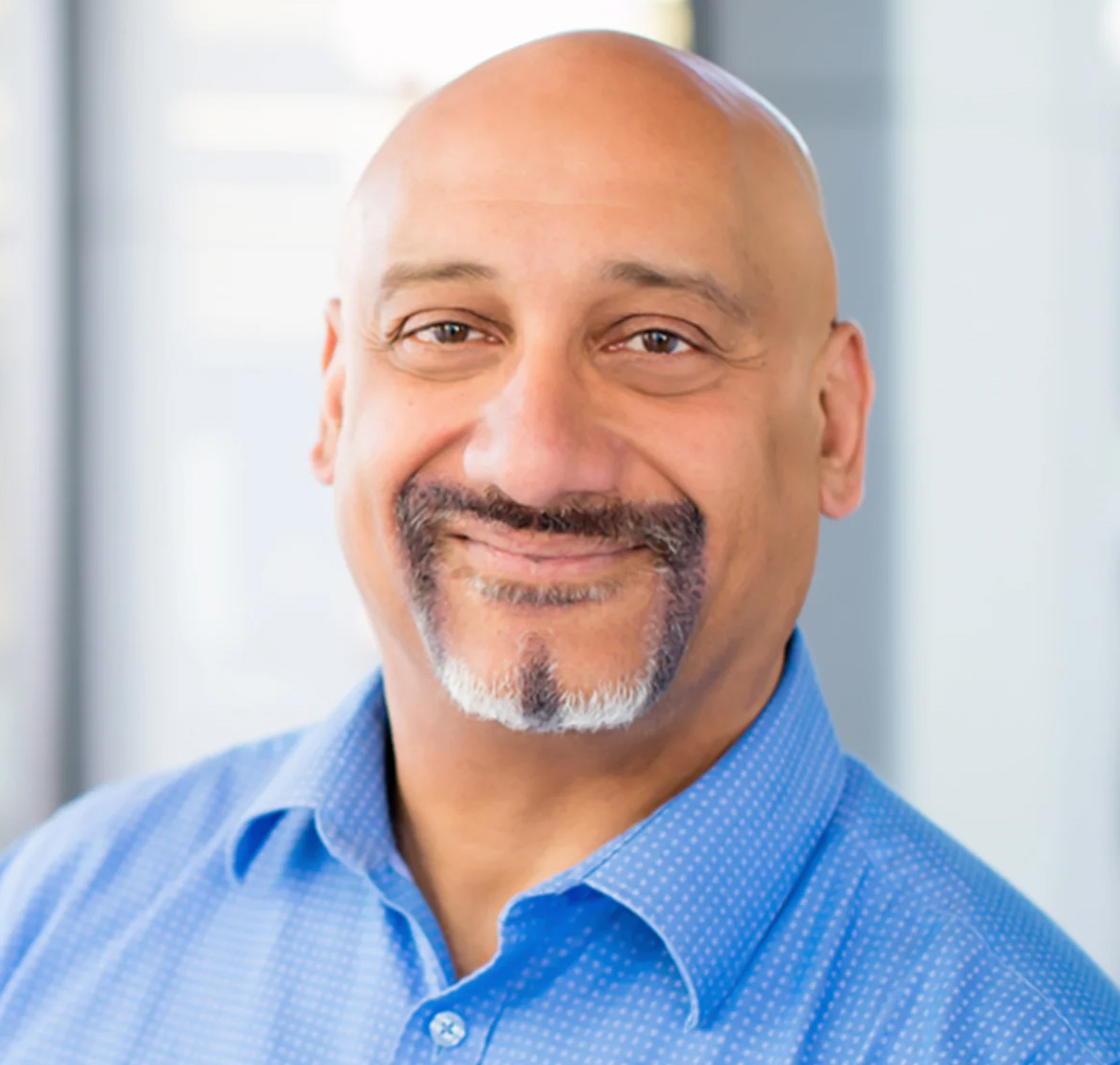
Arun Rangaswami, MD
Fellowship Director
[email protected]
Associate Program Director
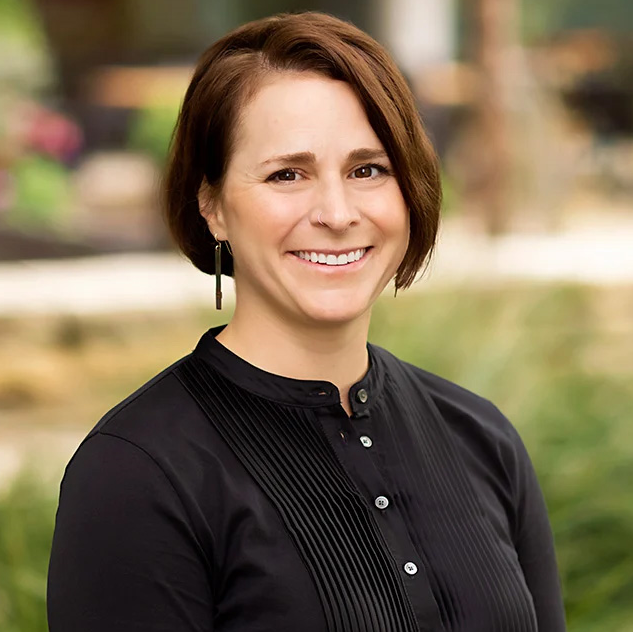
Christine Higham, MD
Associate Program Director
[email protected]
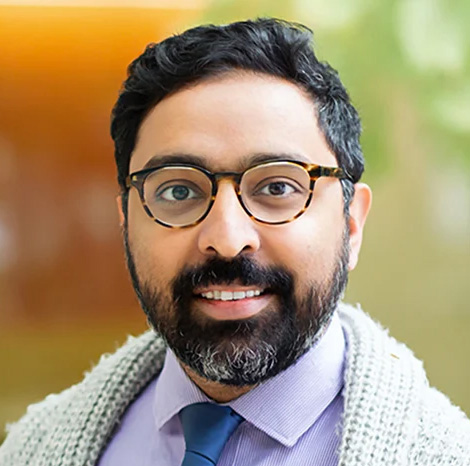
Madhav Vissa, MD
Associate Program Director
[email protected]
Research
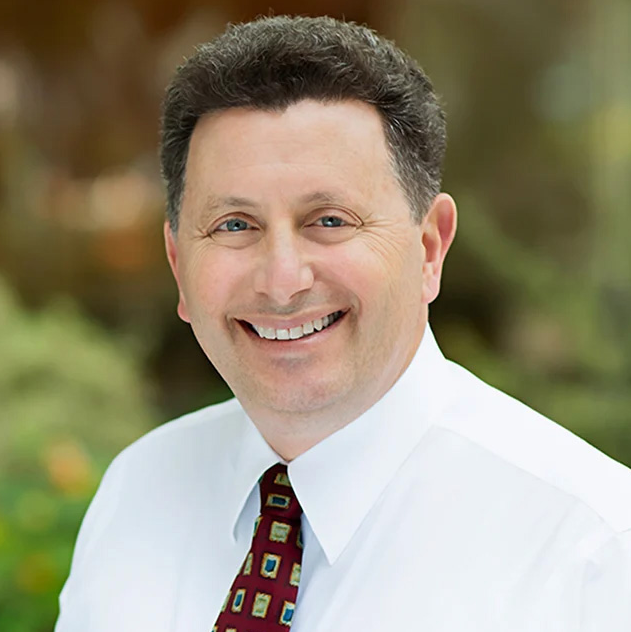
Benjamin Braun, MD, PhD
Associate Program Director
[email protected]
Clinical Education
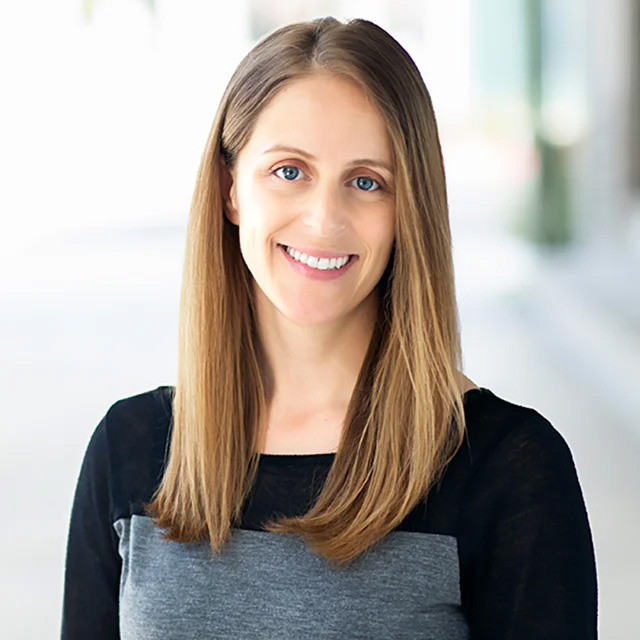
Anya Levinson, MD
Clinical Education
[email protected]
Division Chiefs
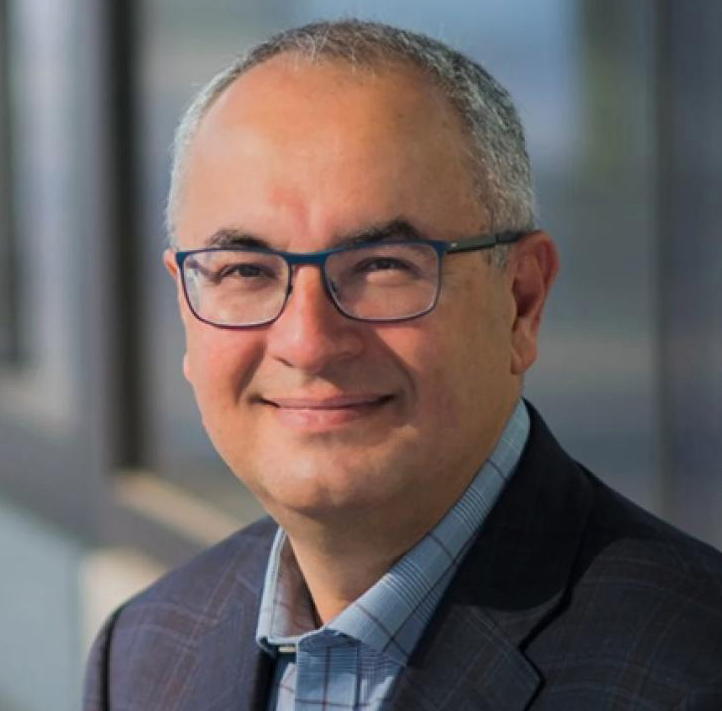
Alejandro Sweet-Cordero, MD
Chief, Division of Oncology
[email protected]
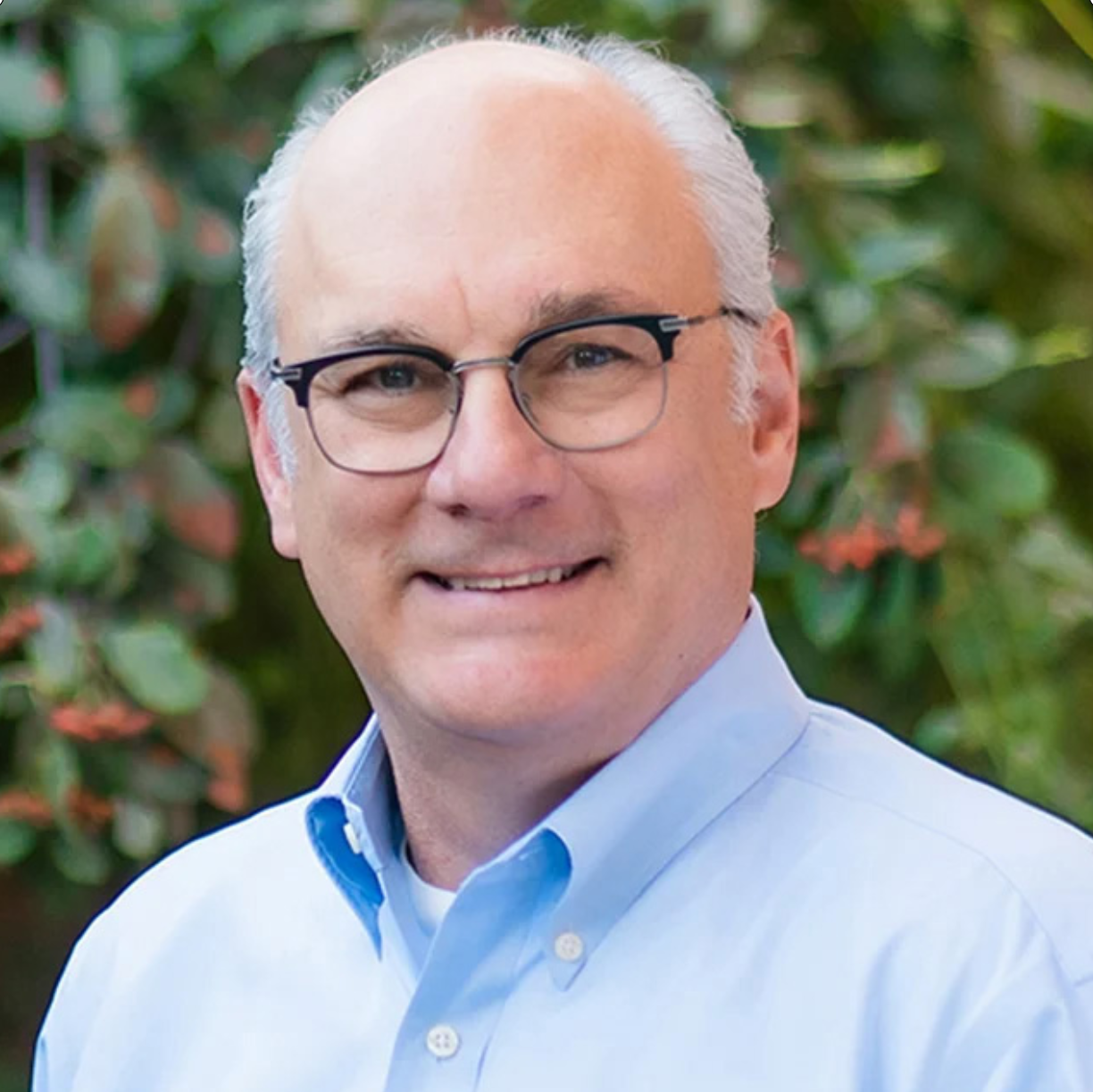
Mark Walters, MD
Chief, Division of Hematology
[email protected]
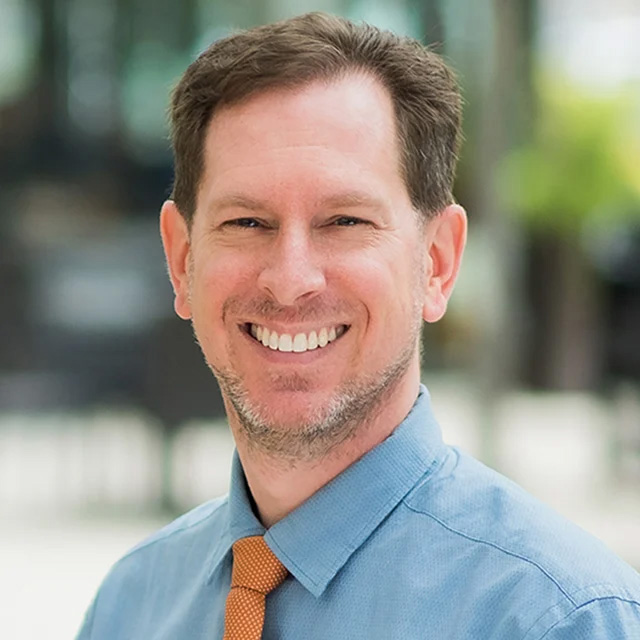
Christopher Dvorak, MD
Chief, Division of Allergy, Immunology, and Bone Marrow Transplantation
[email protected]
Program Manager
- Karen Tan
-
Email: [email protected]
-
Fellowship Administrative Assistant - Oakland
- Karen Barca
-
Email: [email protected]
-
History of the Program
Formerly separate and independent, the Pediatric Hematology/Oncology Fellowship Programs at the two UCSF Benioff Children’s Hospitals, Oakland and San Francisco, have been combined into a single, stronger program. Both fellowships have been in existence for over 35 years and have a strong history in training leaders in basic, translational, and clinical research, medical education, and patient care across the field of pediatric hematology, oncology, and stem cell transplantation.
Current Fellows
First Years:
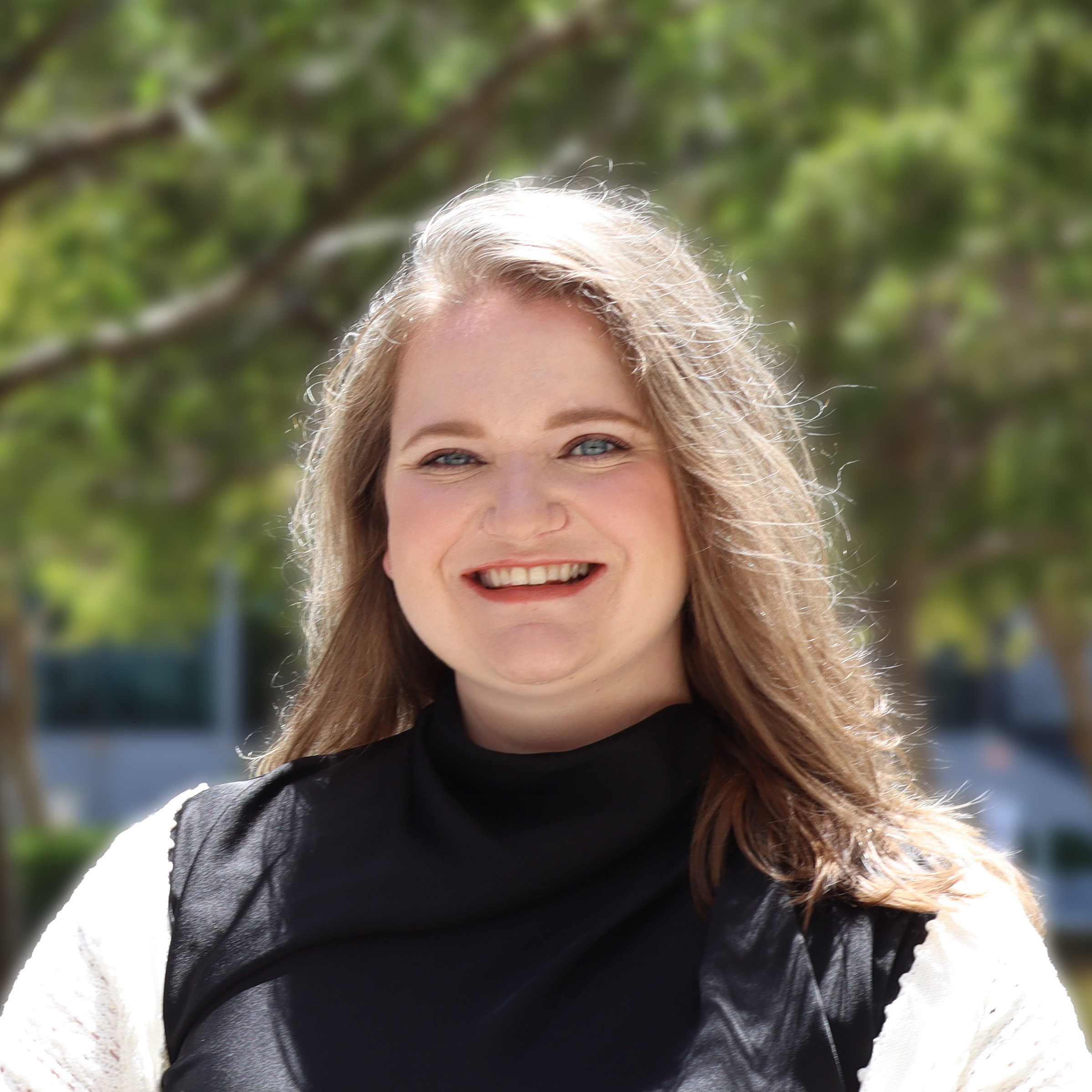
Corrinna Karpenko
Training Period: 2025-2028
Medical School: Poznan University of Medical Sciences Center for Medical Education
Residency: Loyola University Medical Center
Title of Research: TBD
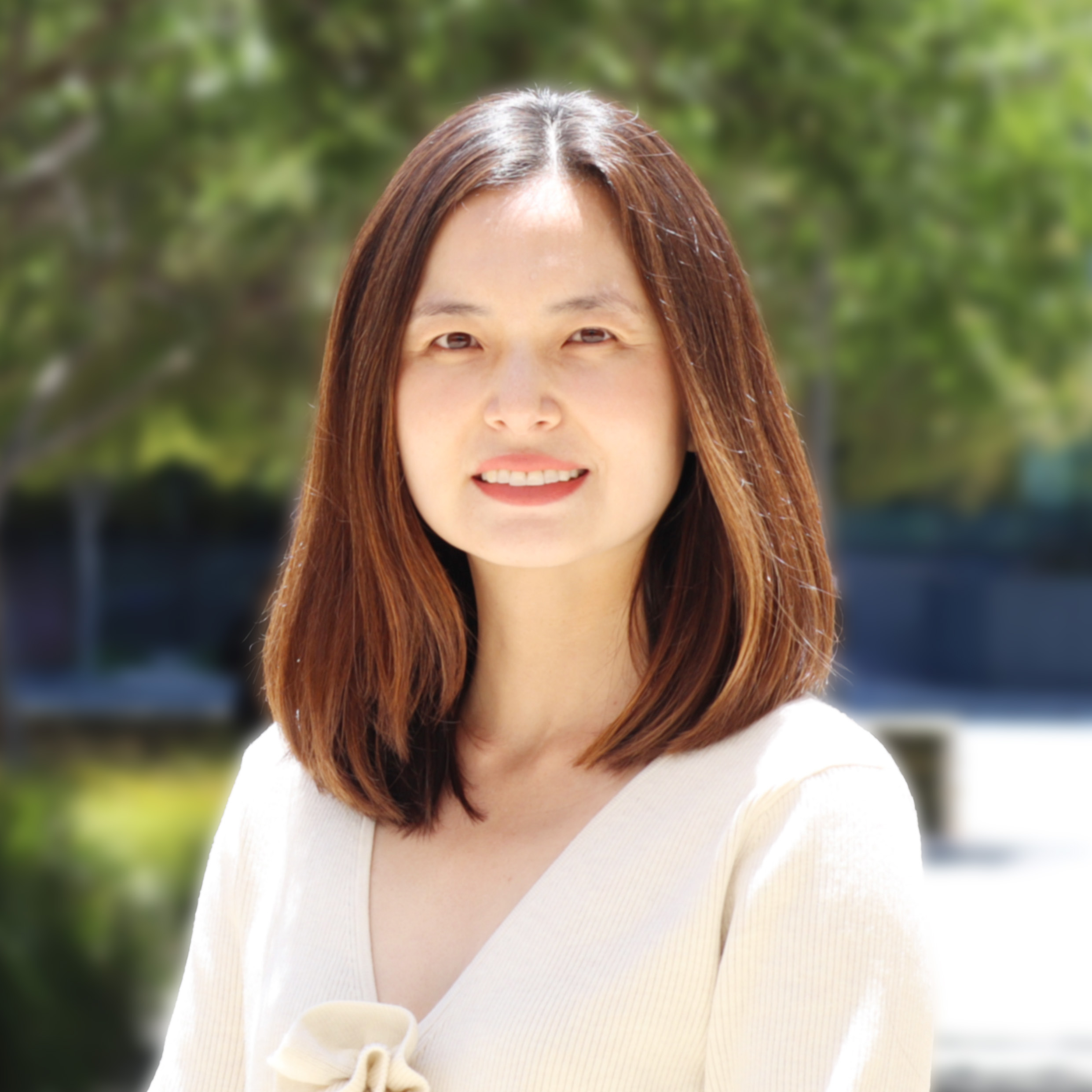
Jae Eun Choi
Training Period: 2025-2028
Medical School: University of California, San Diego
Residency: University of California, San Francisco
Title of Research: TBD
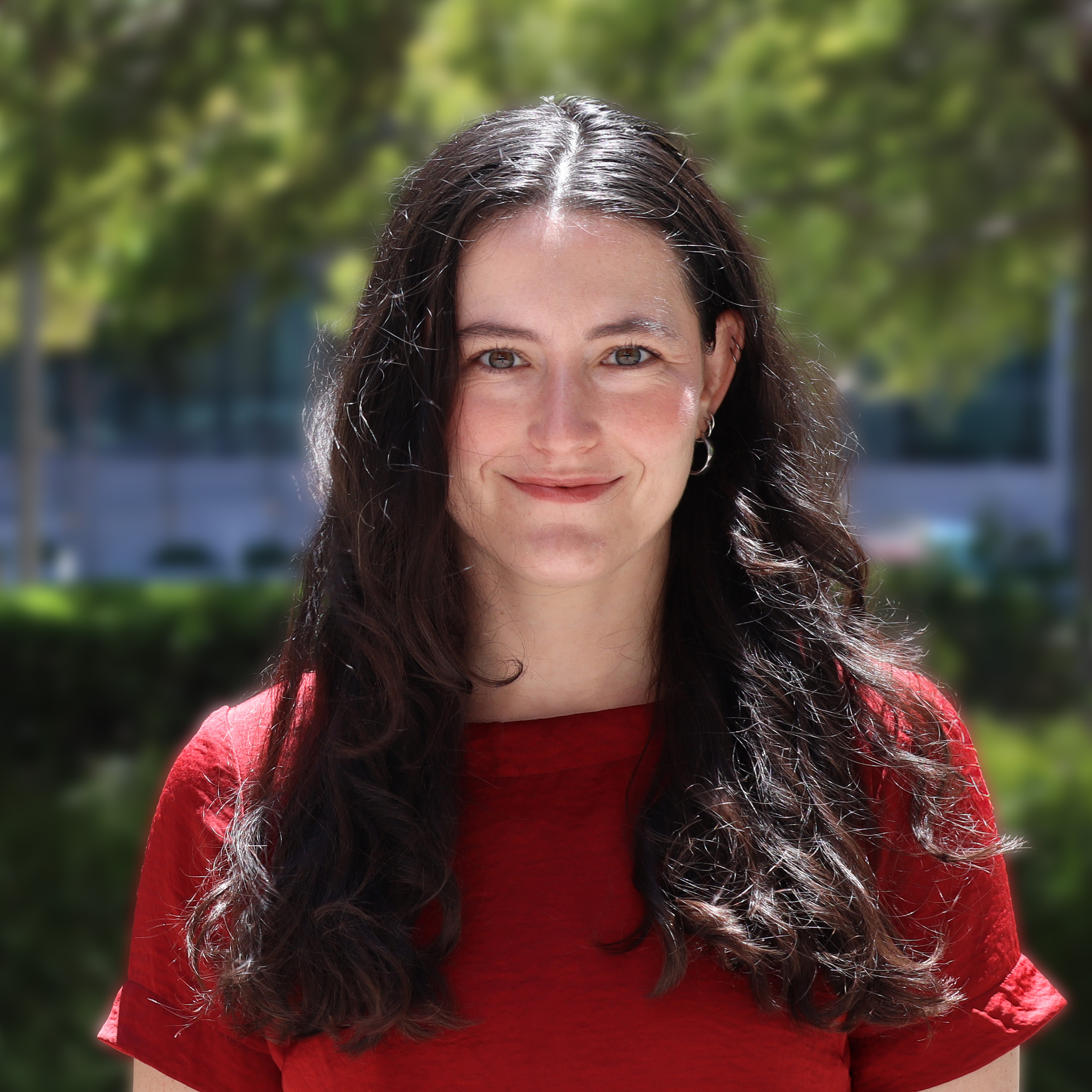
Kira Levan
Training Period: 2025-2028
Medical School: Saint Louis University School of Medicine
Residency: University of California, San Francisco
Title of Research: TBD
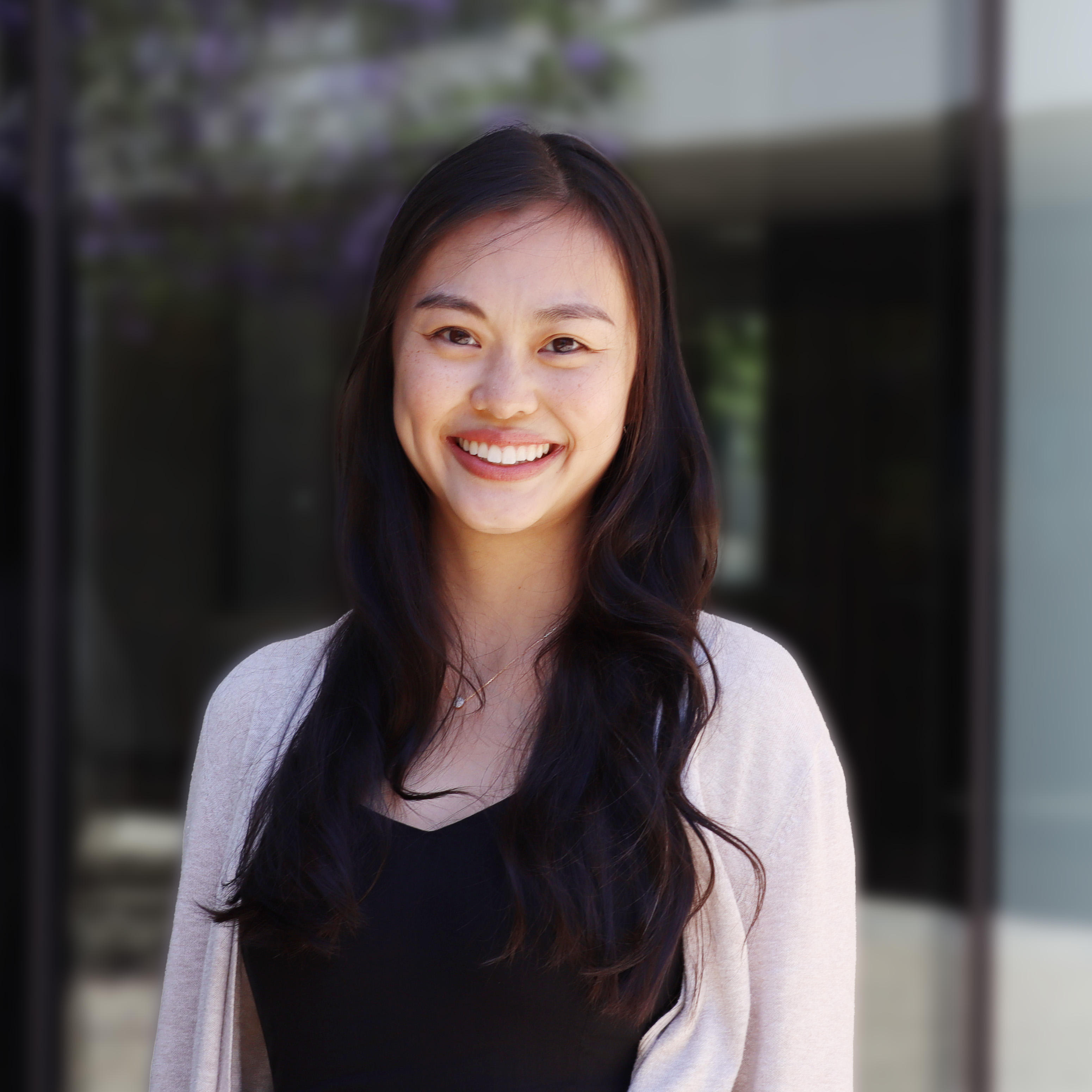
Lydia Tam
Training Period: 2025-2028
Medical School: Stanford University
Residency: University of Washington, Seattle Children’s Hospital
Title of Research: TBD
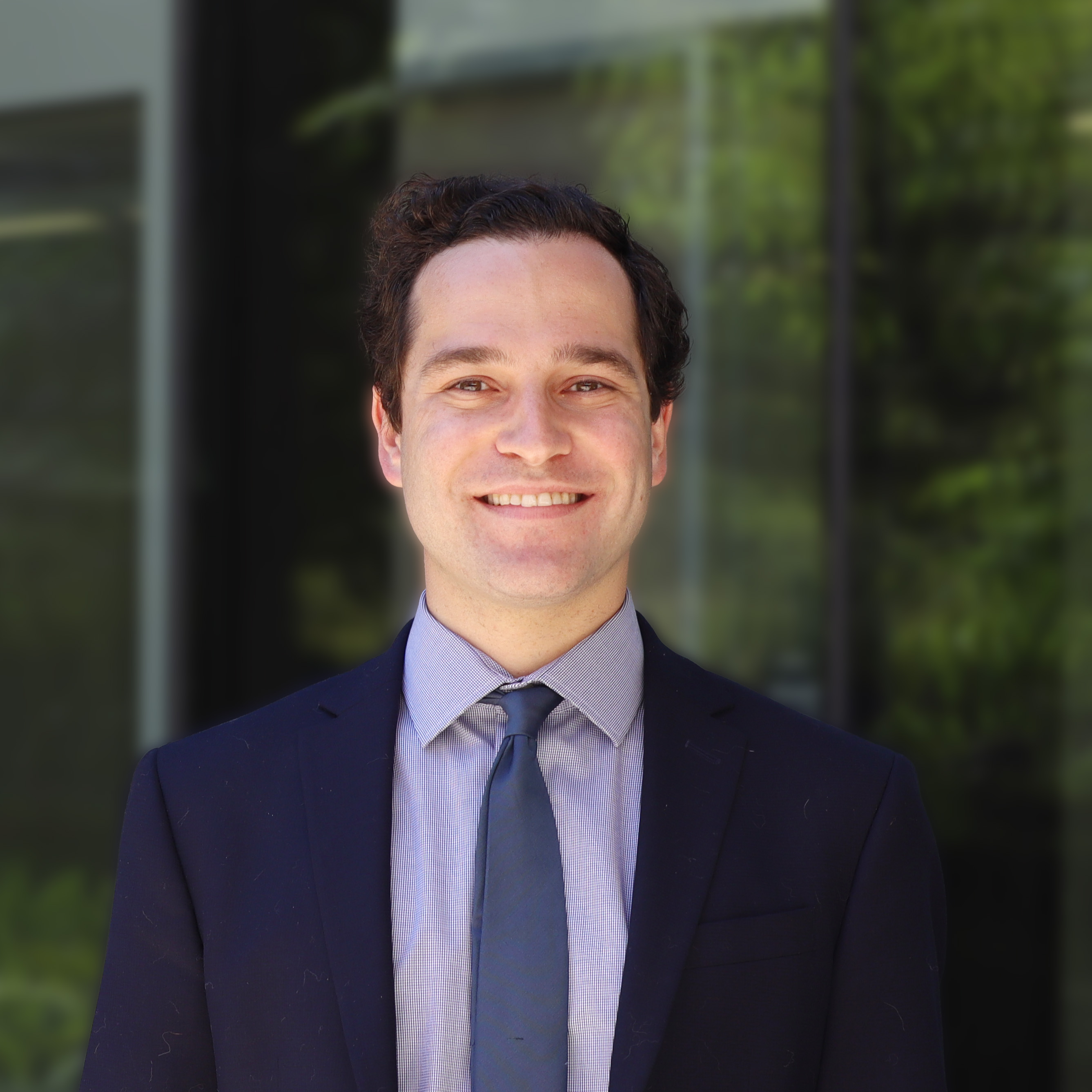
Zack Rane
Training Period: 2025-2028
Medical School: University of California, San Diego
Residency: Children’s Hospital Los Angeles
Title of Research: TBD
Second Years:
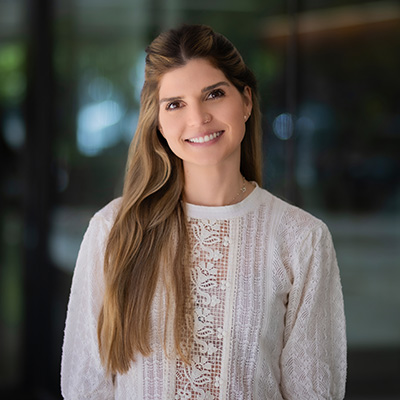
Ana Falcón
Training Period: 2024-2027
Medical School: Universidad Central de Venezuela Escuela de Medicina Jose Maria Vargas
Residency: Tulane School of Medicine
Title of Research: Evaluating A/B-T Cell Depleted Haploidentical Hematopoietic Cell Transplantation and Post-Transplant Immunotherapy for Relapsed Neuroblastoma
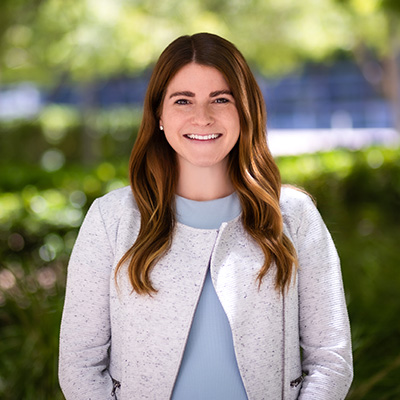
Cristina Perez-Witte
Training Period: 2024-2027
Medical School: Michigan State University College of Human Medicine
Residency: University of California, San Francisco
Title of Research: Childhood Cancer Survivor Study: Long-Term Morbidity in Infant Survivors of Childhood Cancer Analysis
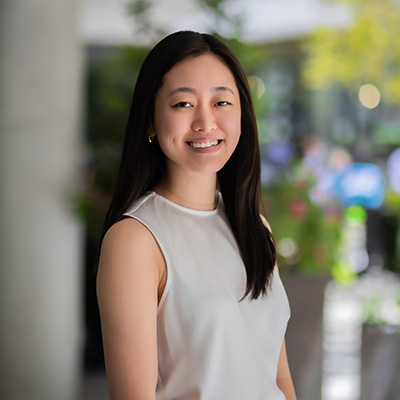
Helen Tian
Training Period: 2024-2027
Medical School: University of Massachusetts T.H. Chan School of Medicine
Residency: Children's Hospital at Montefiore
Title of Research: Identifying molecular targets in NUP98-rearranged pediatric AML
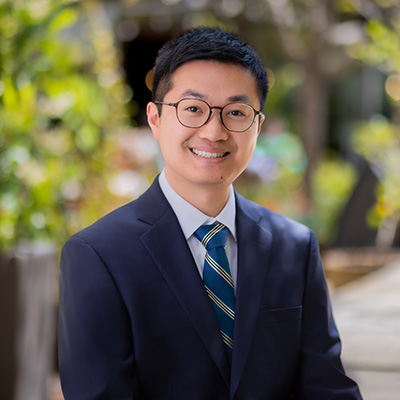
Edward He
Training Period: 2024-2027
Medical School: University of Central Florida College of Medicine
Residency: University of Miami
Title of Research: Proteomic Profiling of Pediatric Acute Myeloid Leukemia and Other Pediatric Malignancies: Identifying Novel Surface Targets and Post-Translational Modifications for Immunotherapy
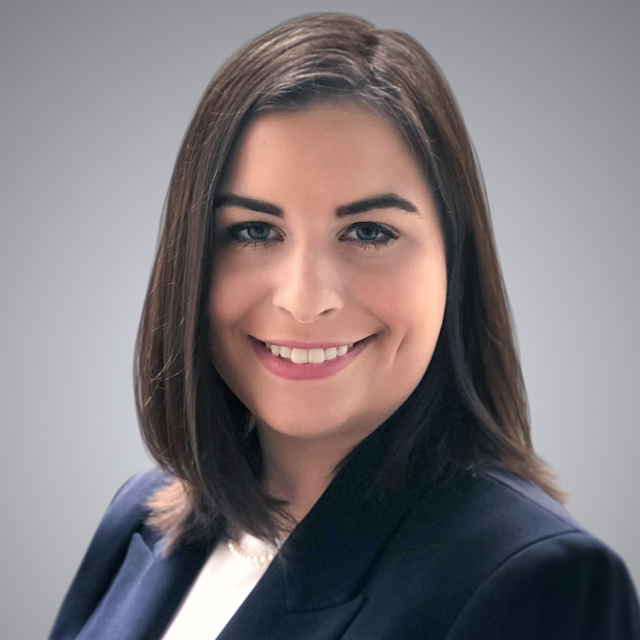
Taylor Pearl
Training Period: 2024-2027
Medical School: Ohio State University College of Medicine
Residency: Memorial Health/Children's Hospital of Savannah
Title of Research: Gene therapy in Bruton's X linked agammaglobulinemia
Third Years:
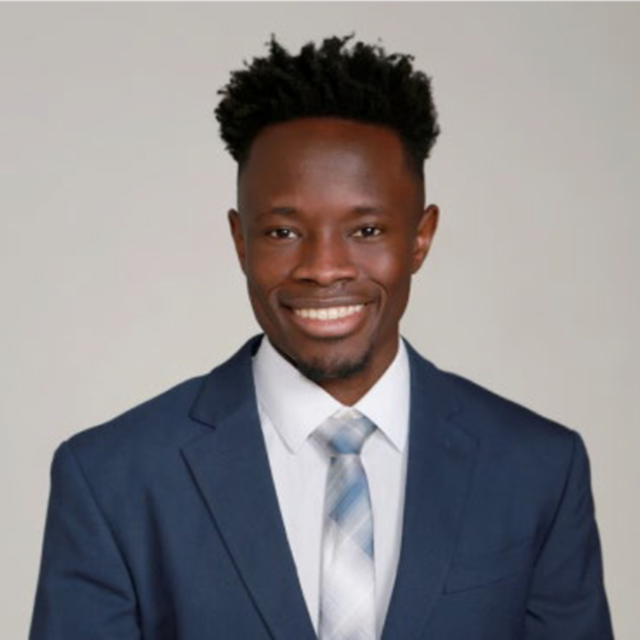
Daniel Oder
Training Period: 2023-2026
Medical School: Ohio University Heritage College of Osteopathic Medicine
Residency: Wright State University
Title of Research: cfDNA and cfRNA for non-invasive determination of genome editing outcomes
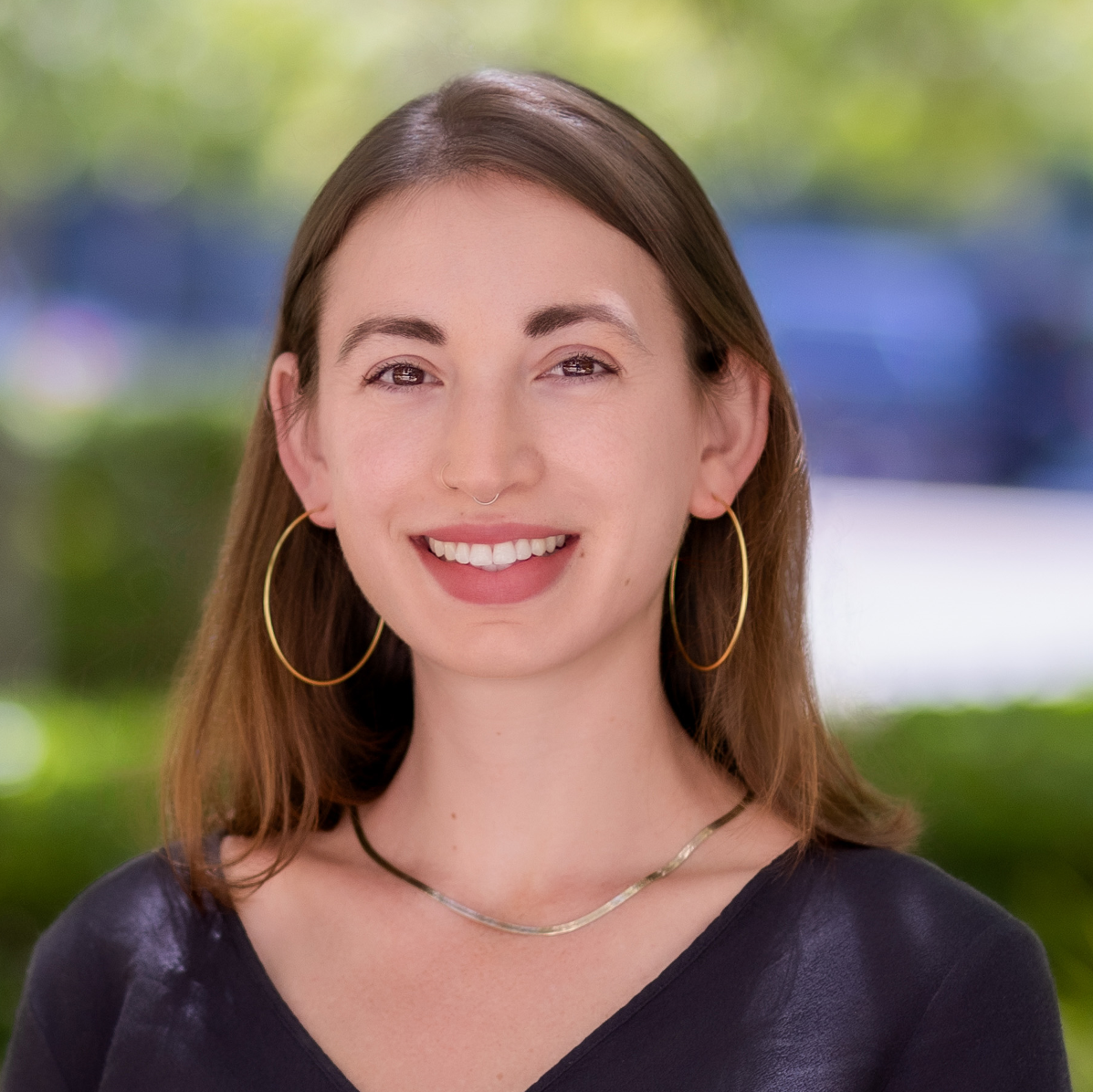
Anya Platt
Training Period: 2023-2026
Medical School: Sidney Kimmel Medical College at Thomas Jefferson University
Residency: UCSF
Title of Research: Outcomes in JMML patients undergoing haploidentical transplantation
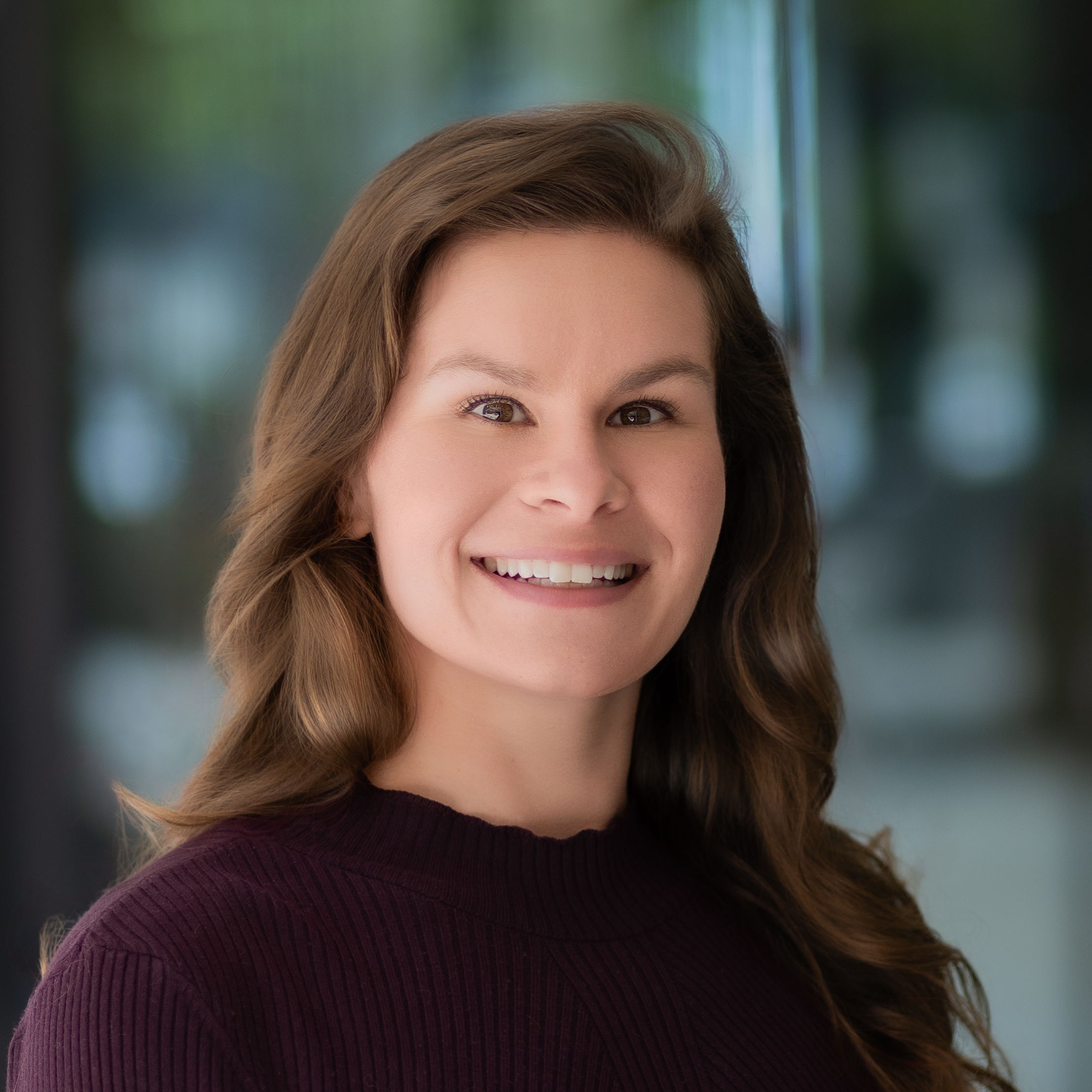
Emily Tomlinson
Training Period: 2023-2026
Medical School: University of Arizona College of Medicine - Tucson
Residency: Medical College of Wisconsin
Title of Research: Increased incidence of pre-leukemic hematopoietic clones in lower SES populations
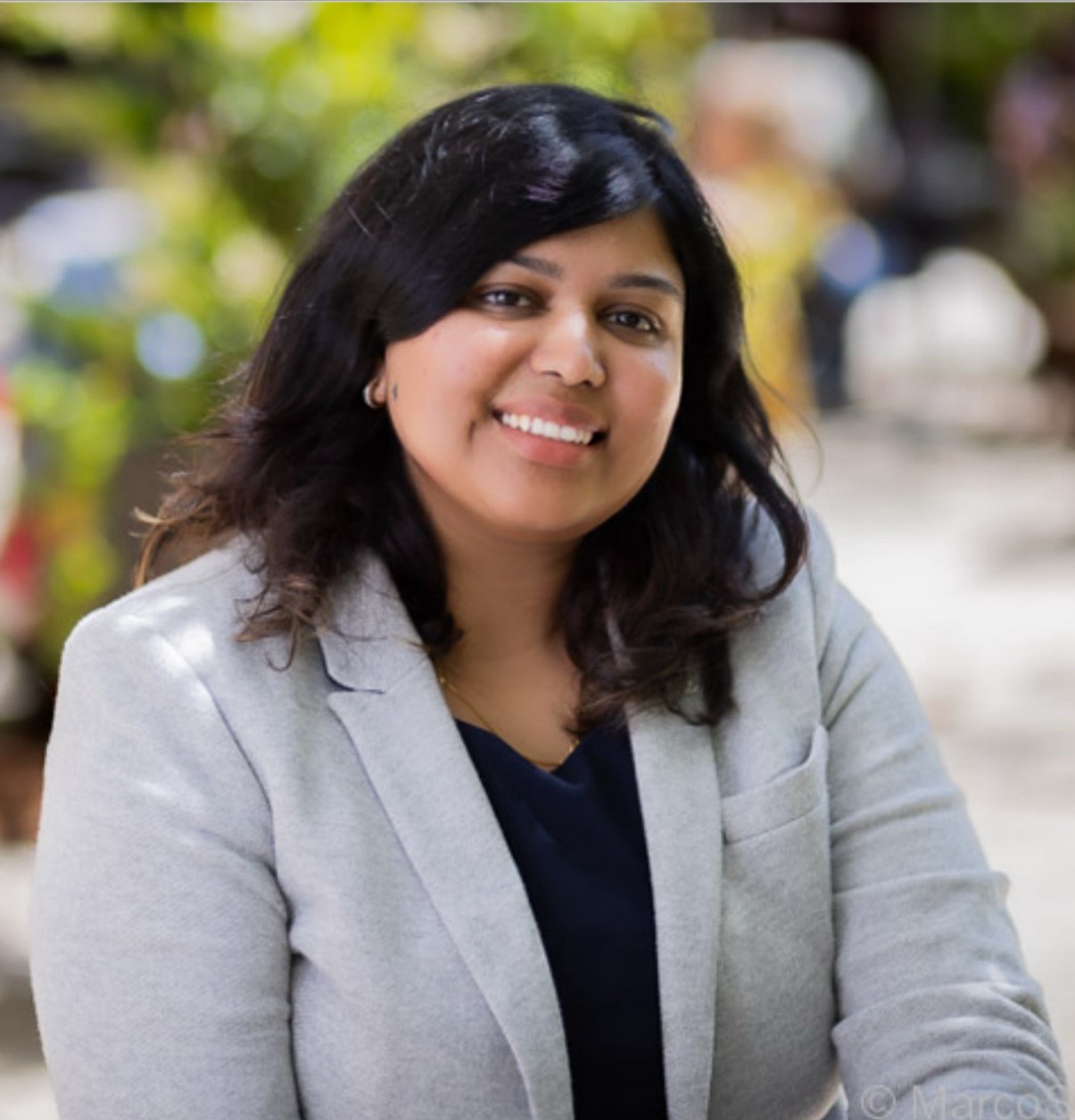
Pallavi Agarwal
Training Period: 2023-2026
Medical School: Madurai Medical College
Residency: University of Florida, Pensacola
Title of Research: Clonal pathobiology associated with monosomy 7 hematopoiesis
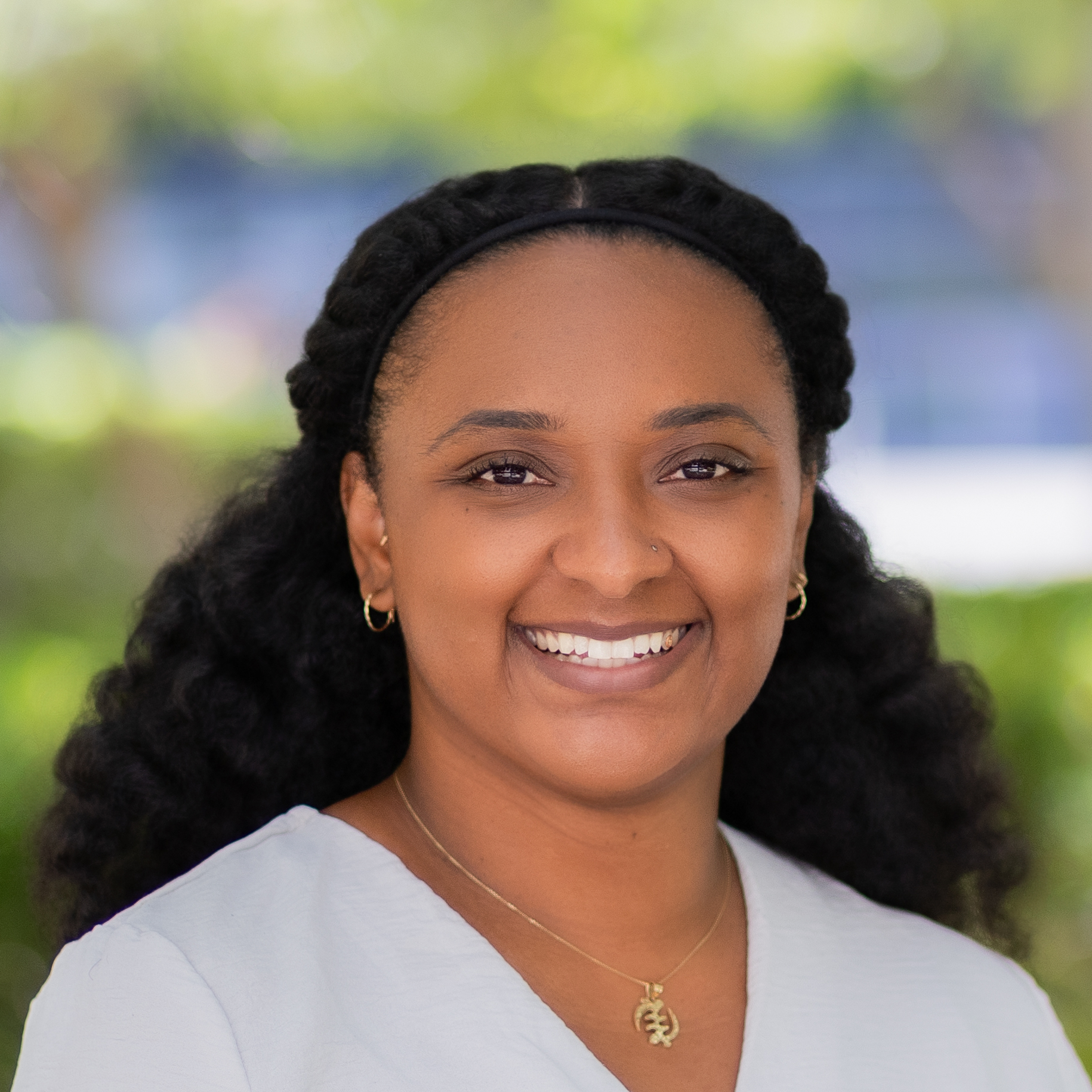
Krystle Frazier
Training Period: 2023-2026
Medical School: University of California, Los Angeles David Geffen School of Medicine
Residency: Harbor-UCLA Medical Center
Title of Research: Using genetic modifiers and clinical phenotypes to predict renal dysfunction in patients with sickle Fourthdisease
Fourth Years:
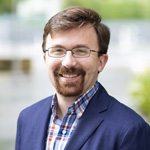
Matthew Decker
Training Period: 2022-2026
Medical School: University of California, San Francisco
Residency: University of California, San Francisco
Title of Research: Palmitoylation cycle inhibition in NRAS mutant cancers
Recent Past Trainees
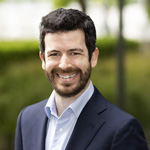
Benjamin Lerman
Training Period: 2022-2025
Medical School: Stanford University
Residency: Children’s Hospital of Philadelphia
Title of Research: Reconstructing clonal evolution and expansion in glioblastoma through longitudinal tumor-wide sampling
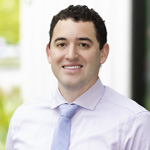
Russell Valle
Training Period: 2022-2025
Medical School: Rutgers – Robert Wood Johnson Medical School
Residency: New York Presbyterian-Morgan Stanley Children’s Hospital
Title of Research: Partition Amplification with Capillary Electrophoresis (PACE): A Novel Technique for Molecular Minimal Residual Disease Testing for Fusion-Positive Acute Myeloid Leukemia
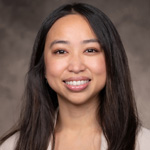
Deborah Gho
Training Period: 2022-2025
Medical School: Western University of Health Sciences
Residency: Kaiser Permanente Los Angeles Medical Center
Title of Research: Phase Ia/1b trial evaluating Idasanutlin in combination with chemotherapy or venetoclax in the treatment of pediatric patients with relapsed/refractory neuroblastoma.
Resources and Links
Examples of Excellence
